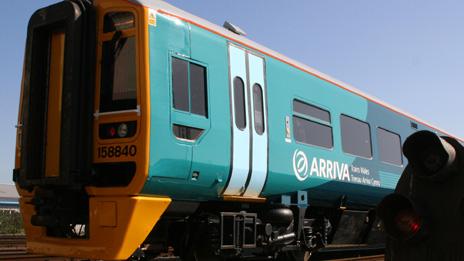New trains 'a must' for rail contract and £600m Metro
- Published
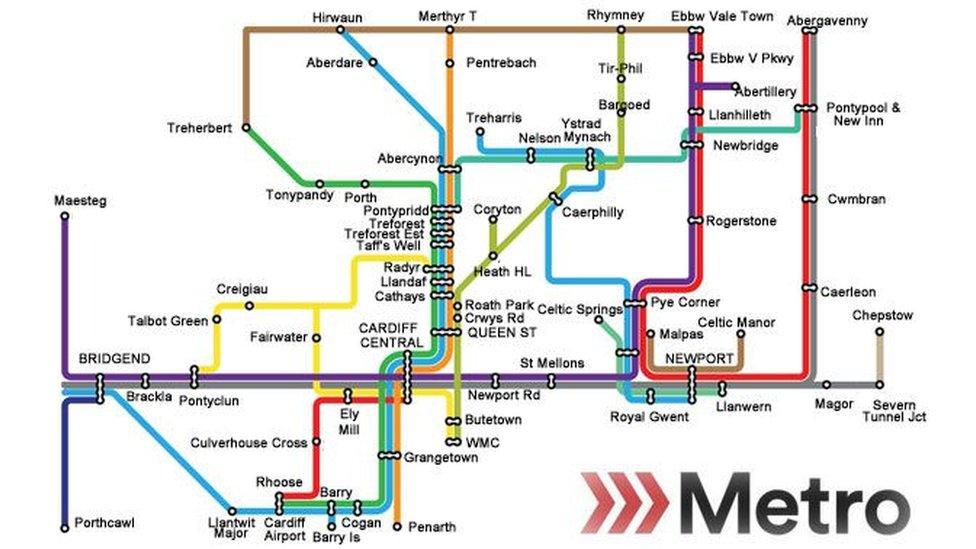
Firms competing to run rail services in Wales must provide new trains which "meet passenger expectations and demands", a minister has said.
Infrastructure Secretary Ken Skates has updated requirements for the foreign-owned firms hoping to win the contract and create the £600m South Wales Metro.
The existing contract did not contain specifications for "rolling stock".
Mr Skates said some of the trains in service were nearly 40 years old and "simply not up to the task".
Abellio, Arriva, KeolisAmey and MTR all hope to secure the next Wales and Borders franchise, due to be awarded in 2018.
The successful bidder will have to reinvest a portion of its profits in the railway and will be responsible for delivering a major upgrade to the rail network in and around Cardiff as part of the Metro scheme.
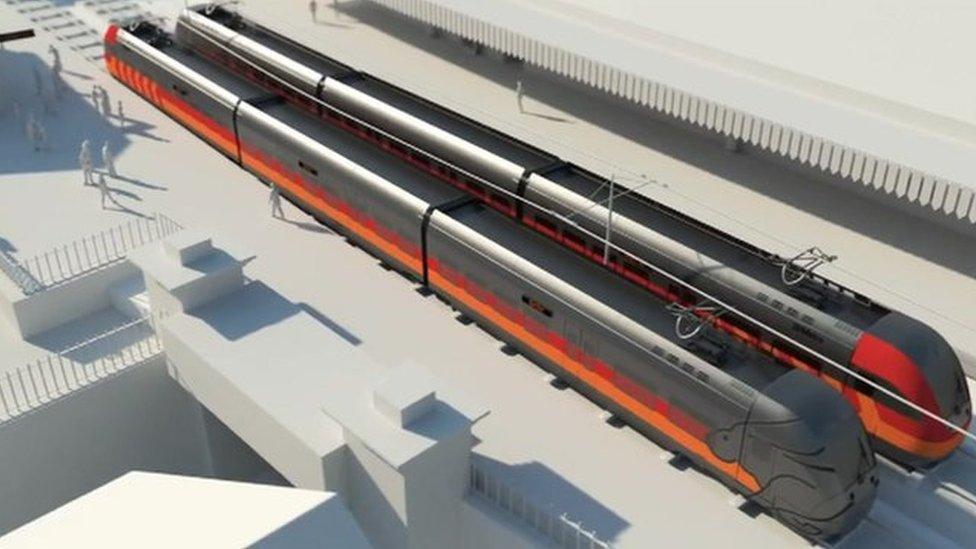

New minimum requirements:
"High quality" rolling stock including passenger information and adequate space to store luggage and bicycles
Trains which are accessible by disabled people and those with mobility problems
Increased capacity to cope with a projected rise in passengers, meaning even on the busiest services, people will not have to stand for more than 20 minutes
In areas covered by the Metro, rolling stock which allows rapid boarding
Phasing out of diesel-only traction engines on services running north of Cardiff Queen Street and on the Cardiff Bay line

Transport for Wales, a Welsh Government-owned company, is assessing the bids.
Mr Skates said: "It is important that high quality rolling stock which meets passenger expectations is delivered as part of the next rail service contract."
The newest trains in service at present are more than 20 years old and this new demand for bidders comes after a public consultation in which people said they wanted to see a number of improvements.
Bidders must "minimise the impact" new rolling stock has on the environment.
In the meantime, the minister also said he was working with current operator Arriva Trains Wales to increase capacity on busy services.
- Published23 October 2016
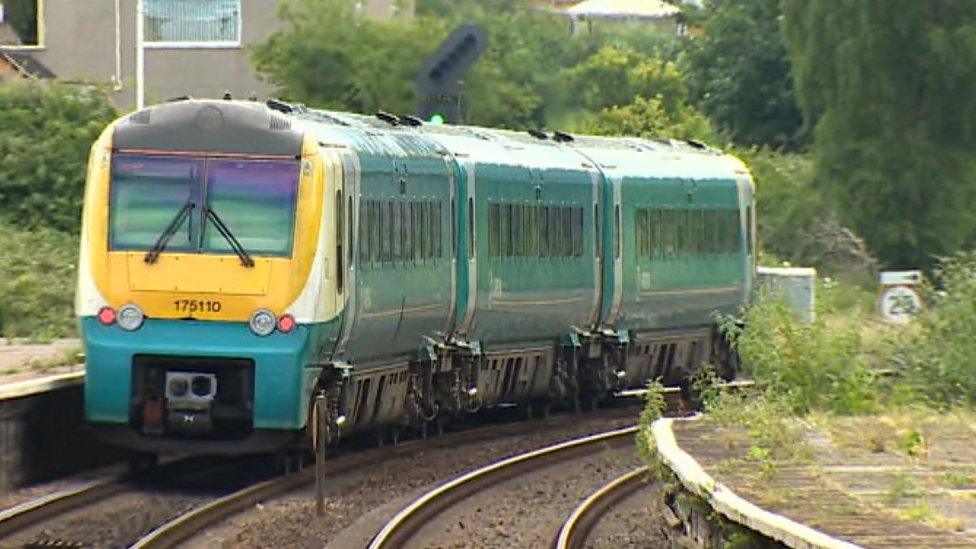
- Published13 October 2016

- Published30 June 2015
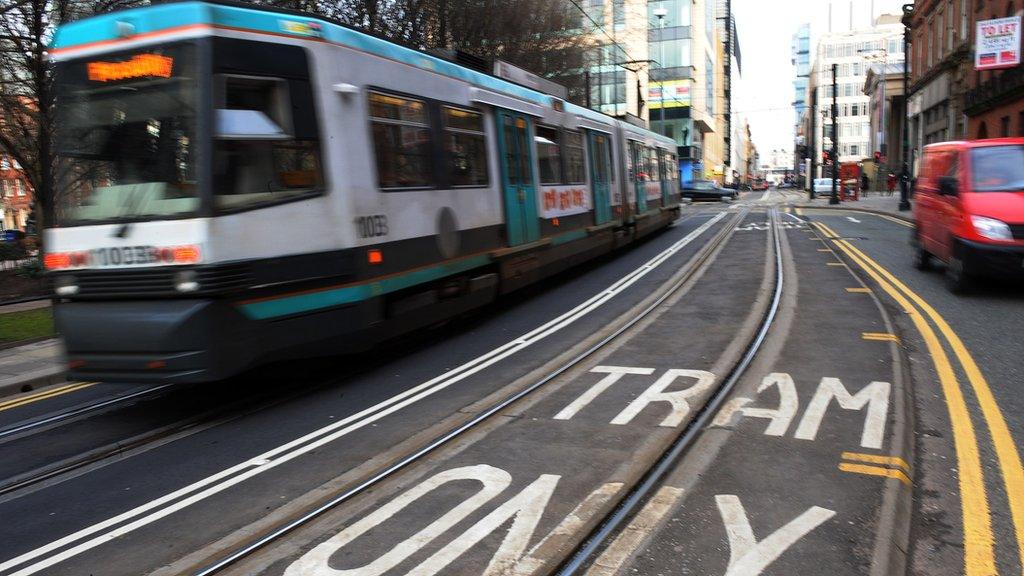
- Published4 February 2015
